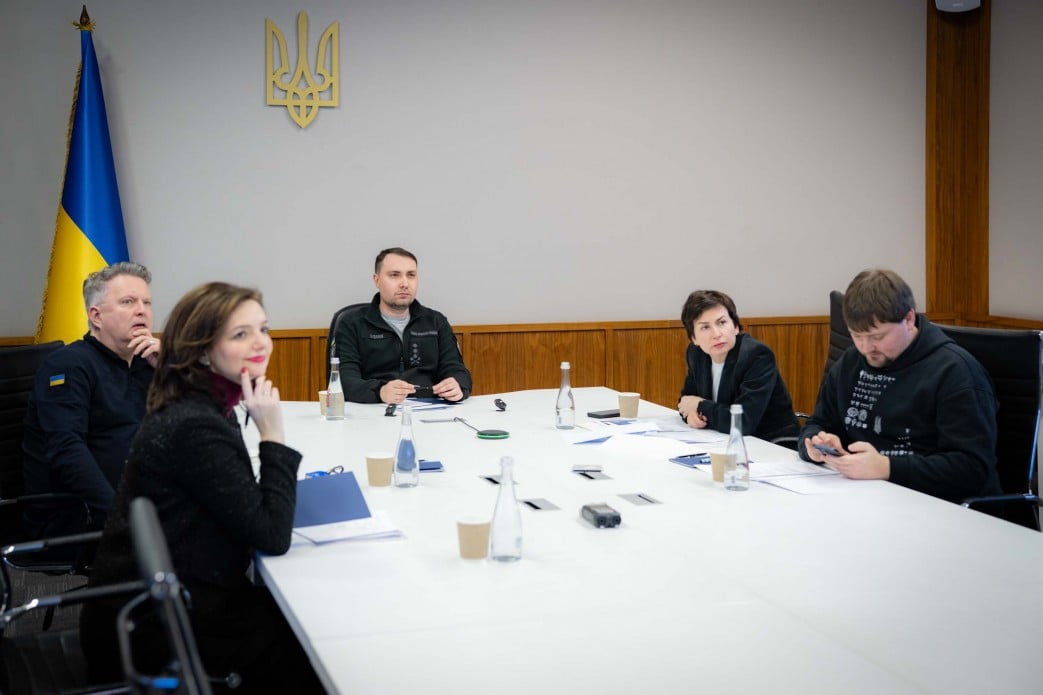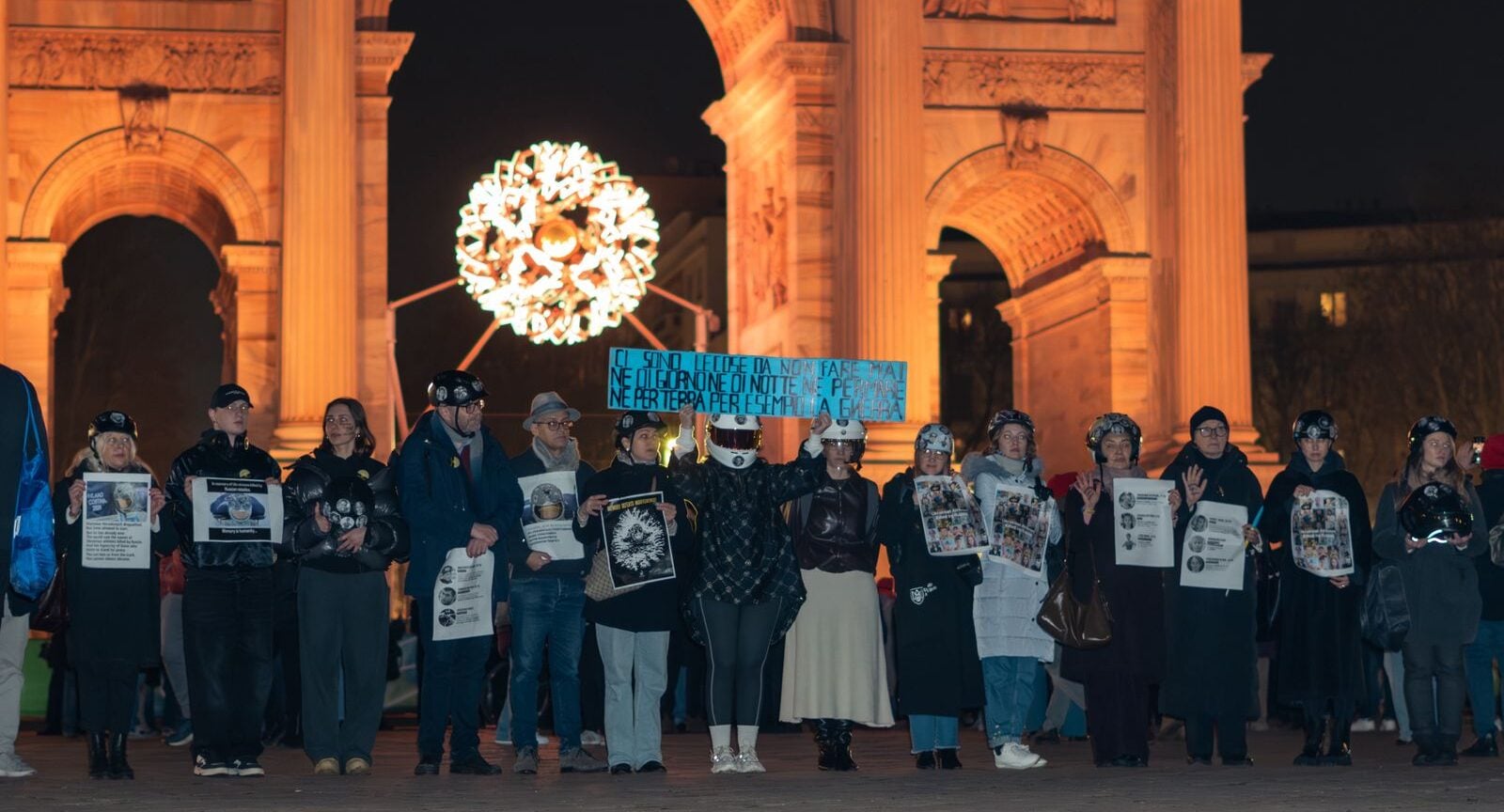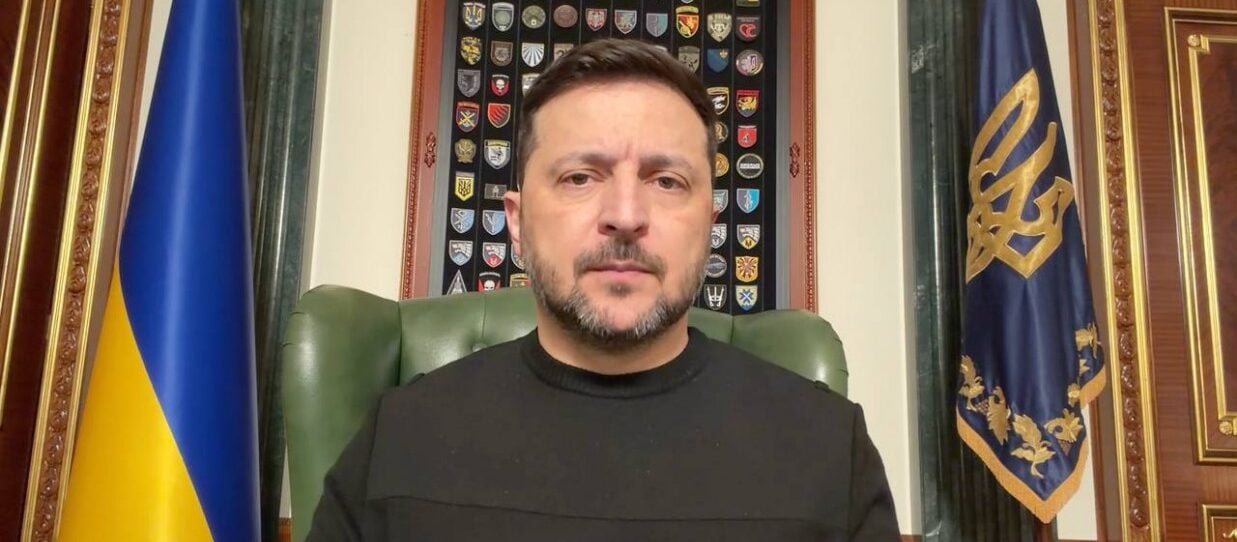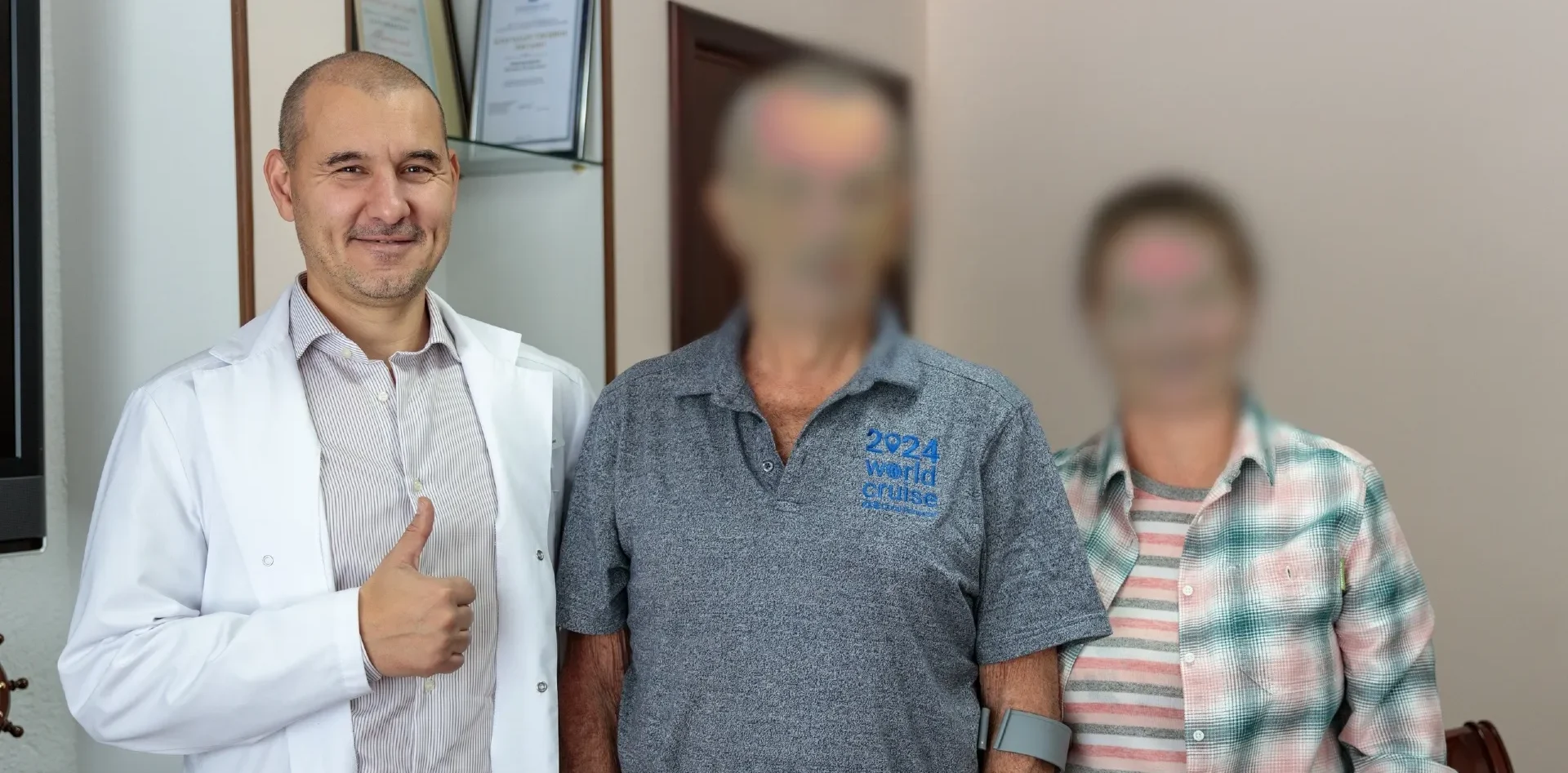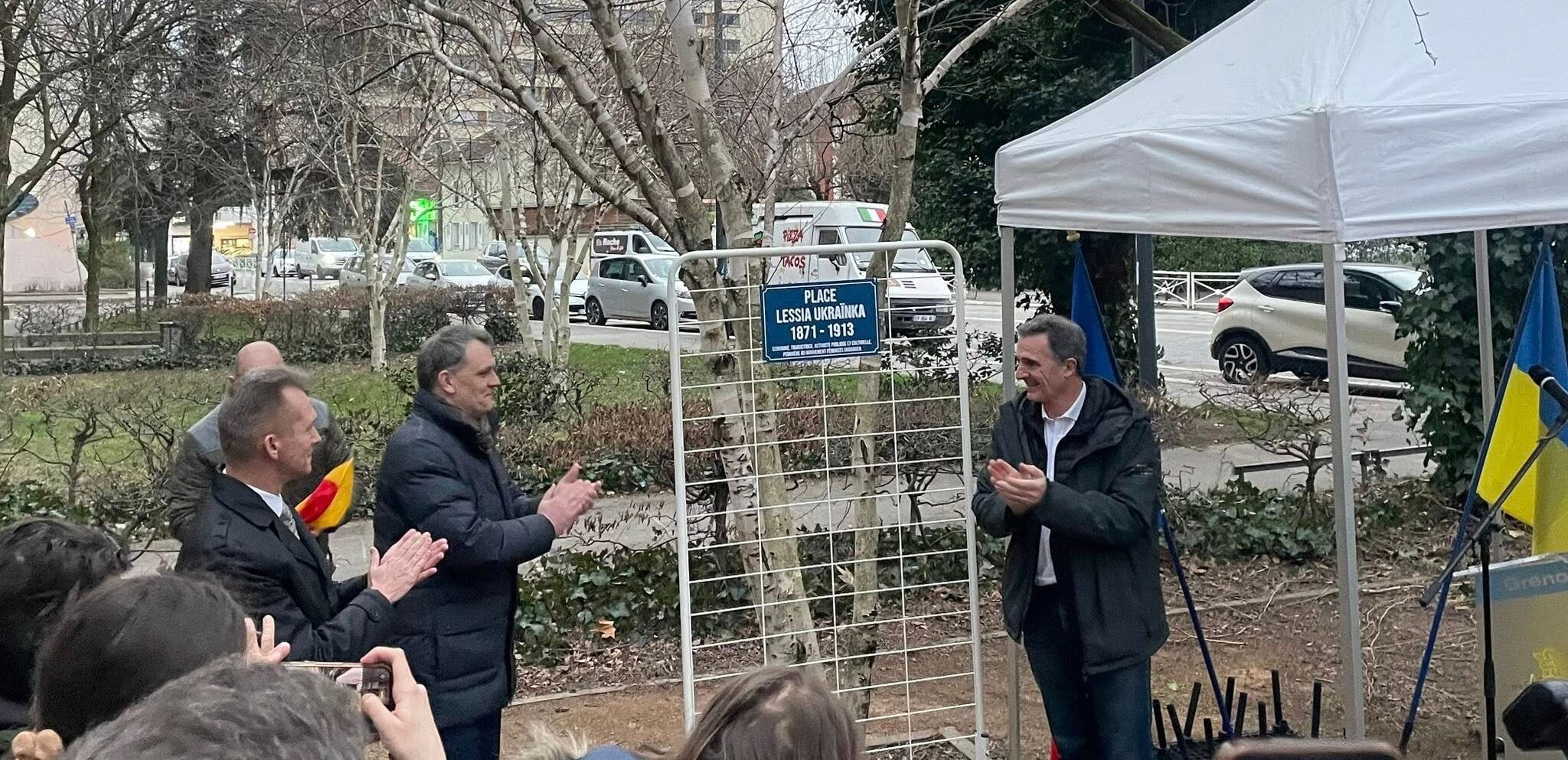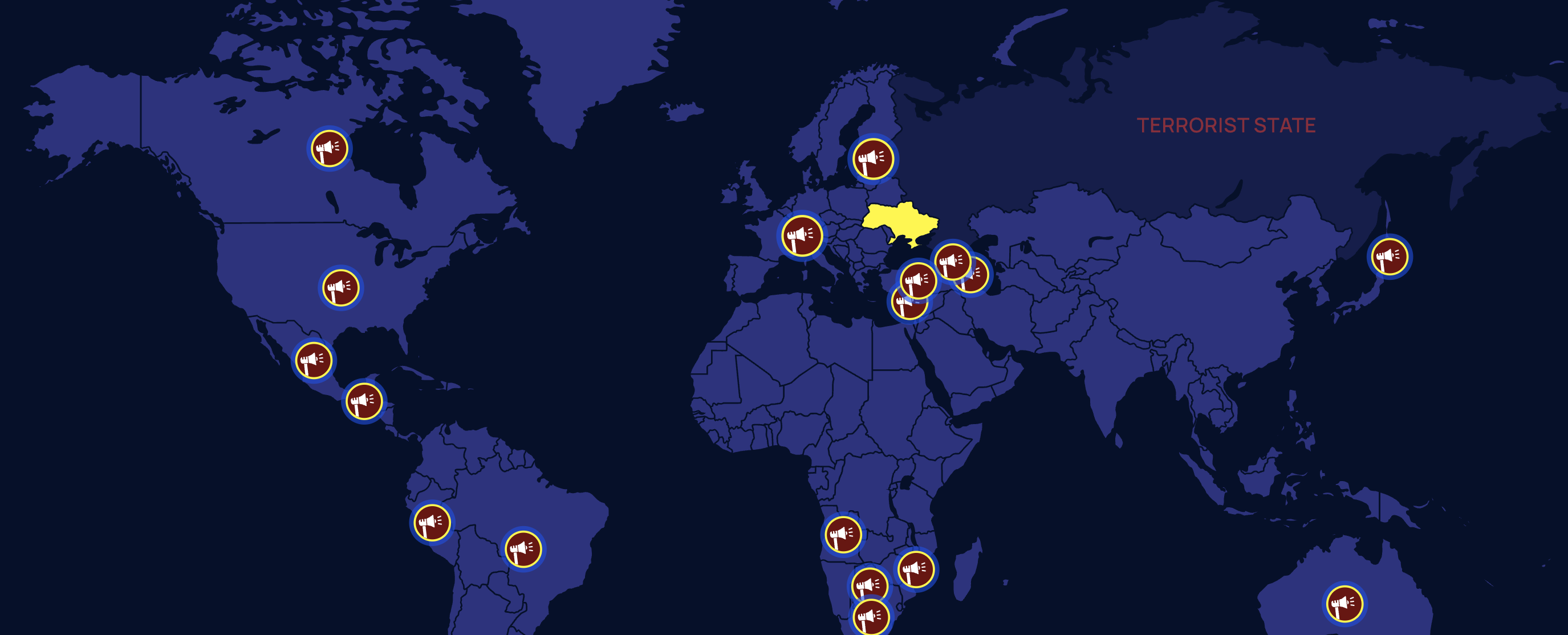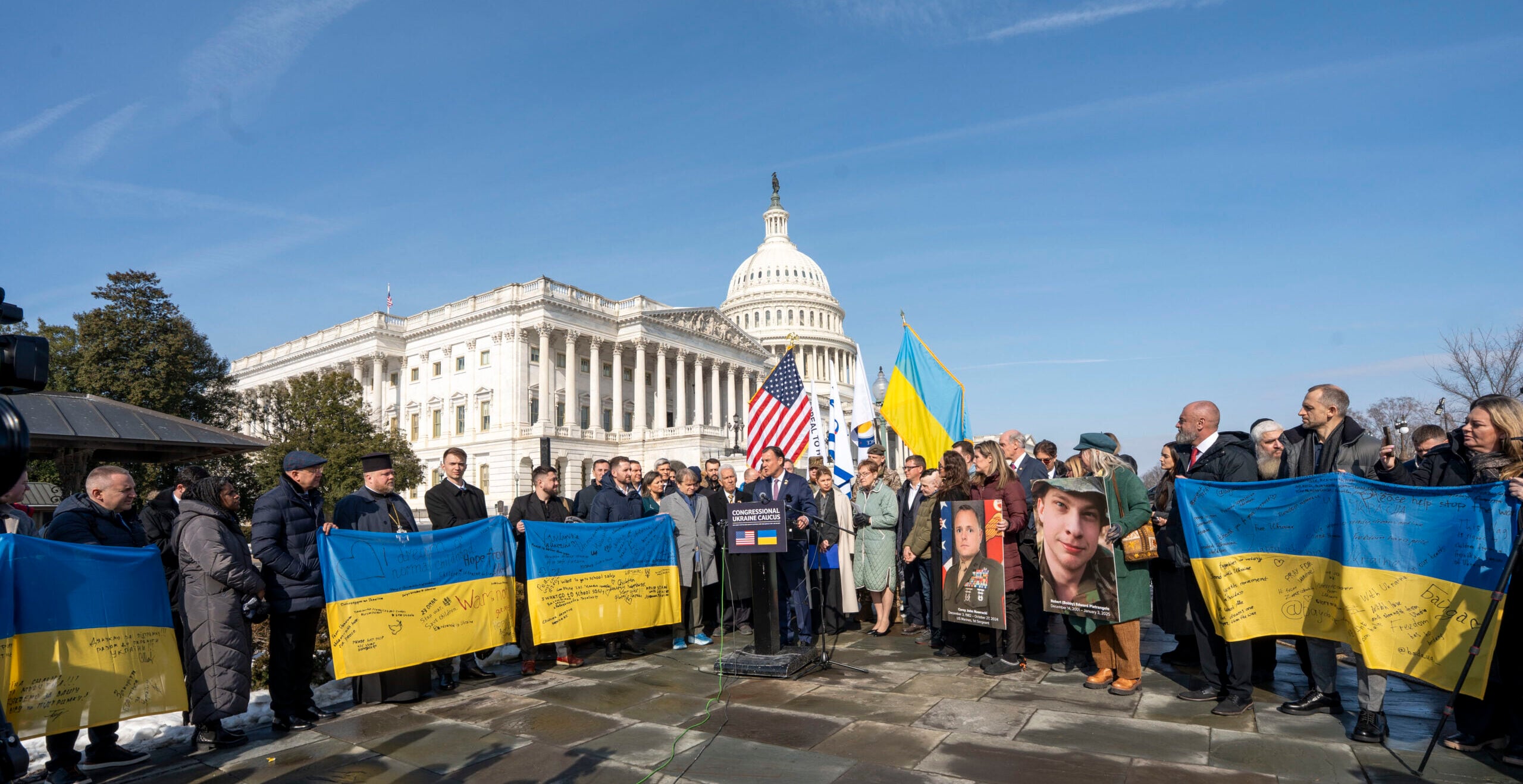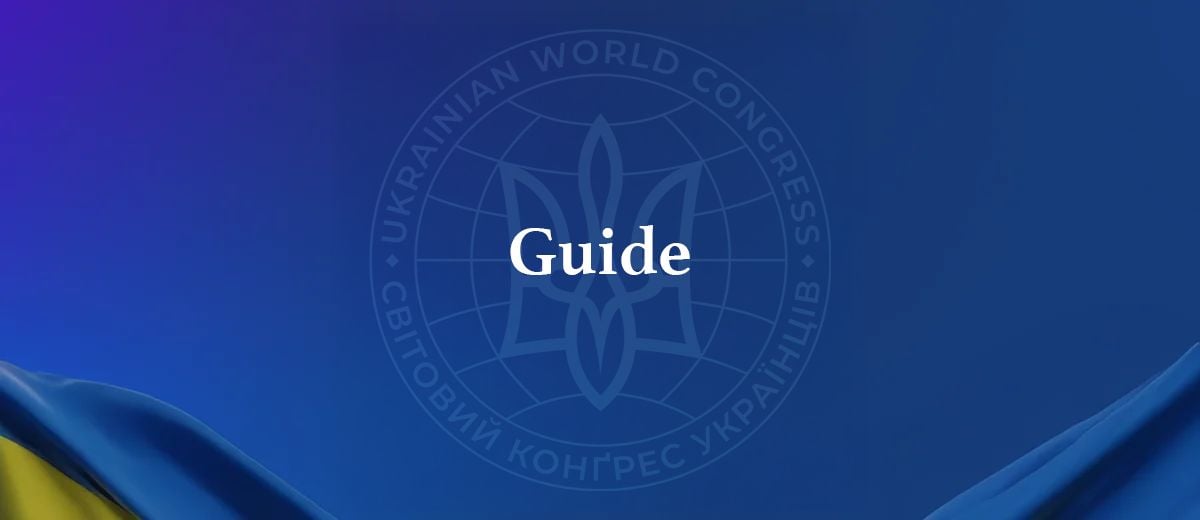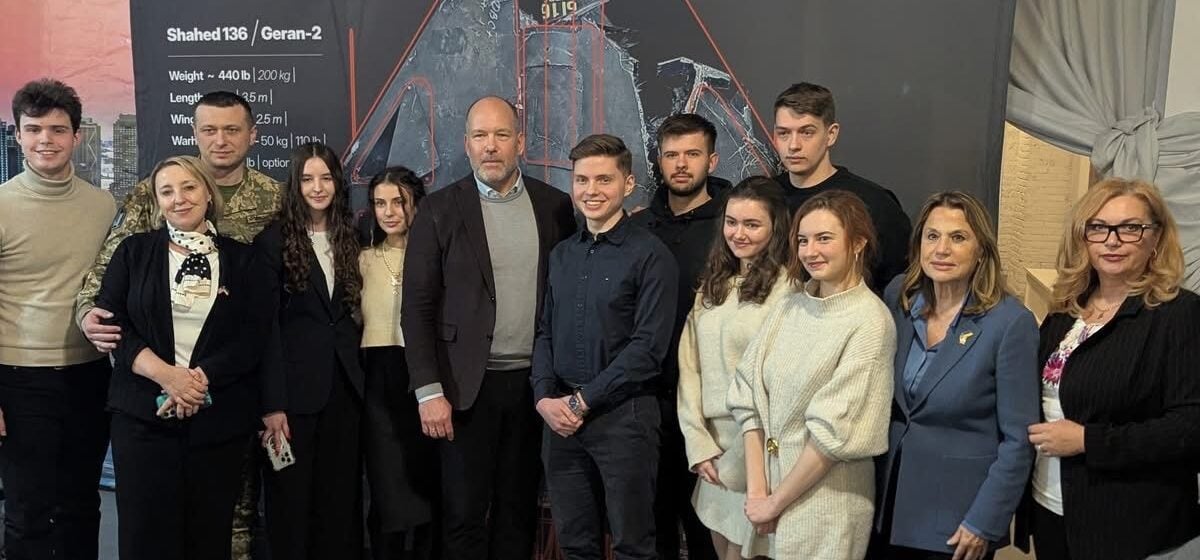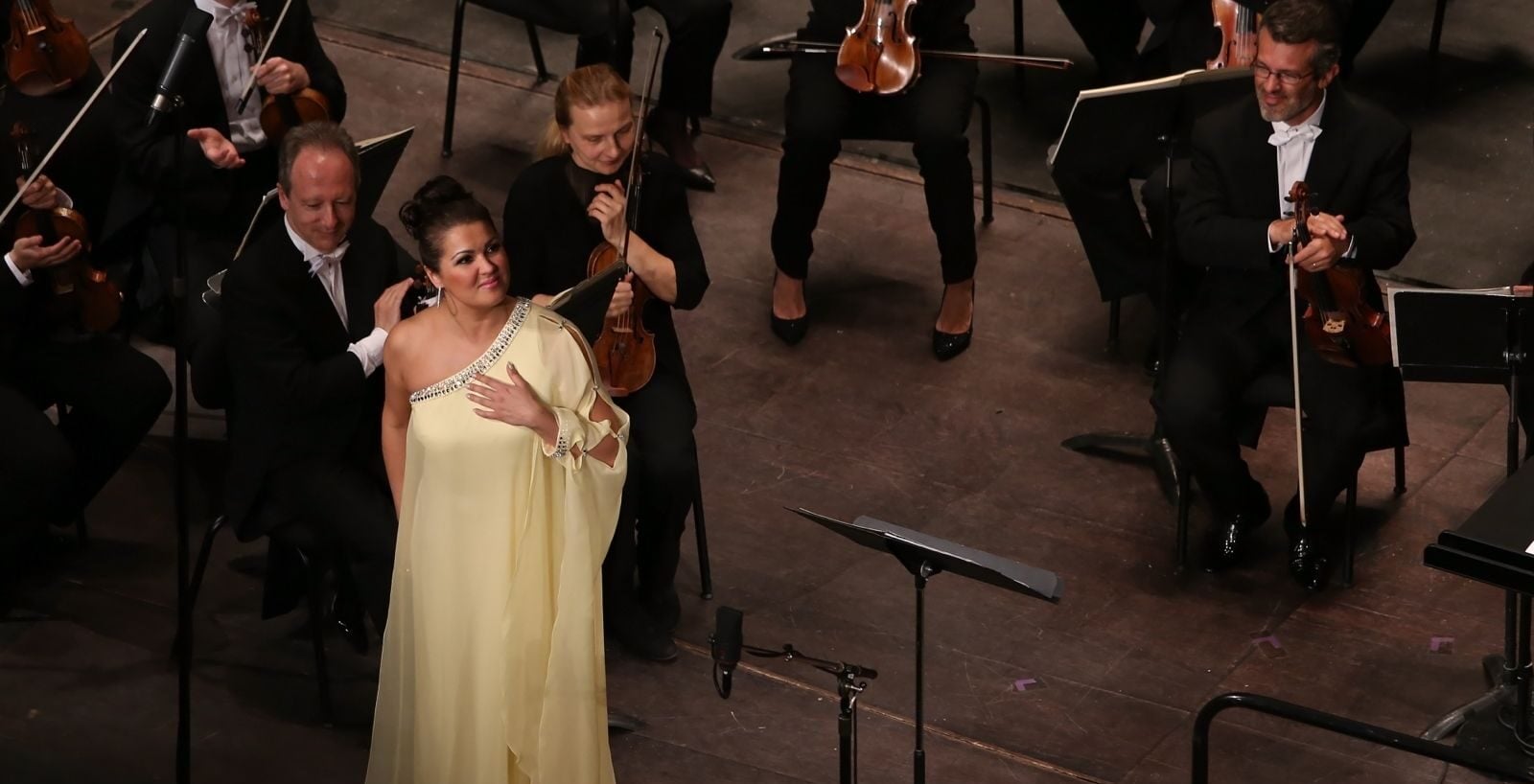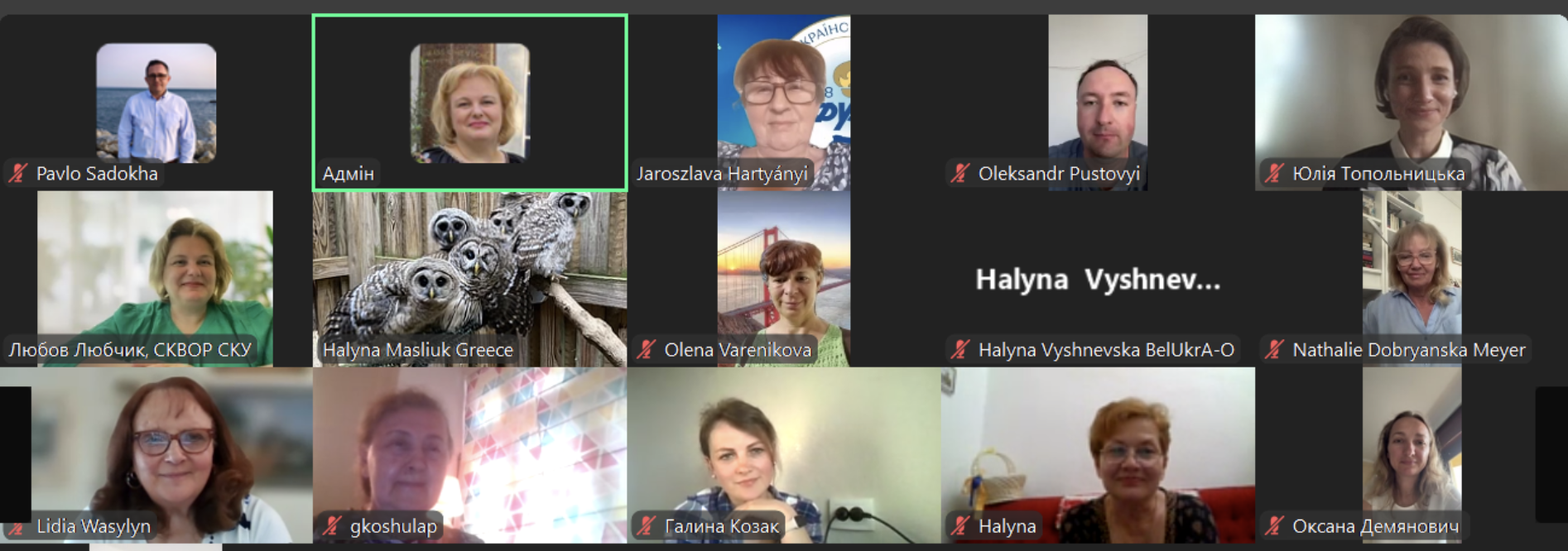
The International Educational Coordinating Council (IECC) of the Ukrainian World Congress (UWC), together with the World Federation of Ukrainian Women Organizations (WFUWO) held a lecture titled, “From the Ostrogski to the Vyshnevetsky: Ukrainian Aristocracy as a Shaper of European Politics.”
The event took place on June 15 as part of a series called “Debunking the myths of Russian propaganda”. The Ukrainian World Congress offers a brief summary of the lecture.
The lecture focused on dismantling Russian historical myths and highlighting the significant role of Ukrainian aristocracy in shaping European politics from the 14th to the 17th centuries. Key points included:
- The Congress of Monarchs in Lutsk in 1429, which underscored Ukraine’s leading role in European political life by uniting monarchs to confront Ottoman expansion.
- The legacy of Prince Konstanty Ostrogski, particularly his victory over a much larger Muscovite army at the Battle of Orsha in 1514, proving the military strength and political independence of Ukrainian lands from Muscovy.
- Refuting the myth of a “single people” with the Muscovites, emphasizing the divergent historical, political, and cultural paths of Ukrainians and Russians following the fall of Kyivan Rus. Demonstrating the existence of a powerful and distinct Ukrainian elite in the early modern period that maintained its identity and participated actively in European political affairs — contrary to Russian claims of its disappearance or “Polonization.”
The speaker, Yuliia Topolnytska — PhD in History, lecturer at the Department of Modern History of Ukraine at Taras Shevchenko National University of Kyiv, and author of several textbooks and civic education programs — emphasized the importance of integrating academic research into educational practice.
Topolnytska stressed that the task of historians and educators is to reveal a “new Ukraine” through the lens of the early modern era — strengthening knowledge of the past and passing it on to future generations, particularly to Ukrainians abroad.
Watch the full lecture via this link.
